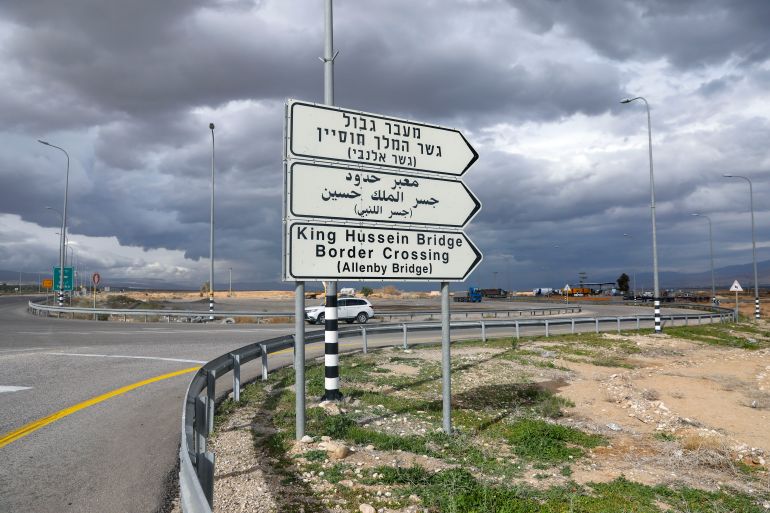 Two U.S. administrations declined in recent years to place sanctions on Syrian officials who now are involved in that country's harsh crackdown on dissidents, despite the officials' involvement in crushing internal opposition previously, according to secret State Department cables obtained by WikiLeaks.
Two U.S. administrations declined in recent years to place sanctions on Syrian officials who now are involved in that country's harsh crackdown on dissidents, despite the officials' involvement in crushing internal opposition previously, according to secret State Department cables obtained by WikiLeaks.
In one instance, the top diplomat at the U.S. Embassy in Damascus asked the State Department in 2007 to impose sanctions on Ali Mamluk, the chief of intelligence for Syrian President Bashar Assad.
"The role of the organization he heads in suppressing internal dissent is publicly known in Syria and stating as much in our statement would resonate well here," wrote Michael Corbin, the embassy's charge d'affaires.
But no action was taken against Mamluk until this April, after security forces had killed scores of civilians in the Syrian town of Deraa in protests that have since spread to much of the country.
In the same cable, Corbin opposed sanctions for Mohammad Suleiman, who at the time was a special Assad adviser for arms procurement and strategic weapons. Corbin argued that Suleiman's activities weren't well-known enough that the Treasury Department could impose the sanctions without revealing classified information.





 For decades, the “alternative homeland” – the notion that Jordan should become the Palestinian state –...
For decades, the “alternative homeland” – the notion that Jordan should become the Palestinian state –... Dozens of world leaders and national delegations will meet in Washington DC on Thursday for the...
Dozens of world leaders and national delegations will meet in Washington DC on Thursday for the... The Israeli government installed security equipment and controlled access to a Manhattan apartment building managed by...
The Israeli government installed security equipment and controlled access to a Manhattan apartment building managed by... Sen. Lindsey Graham has been accused of derailing a diplomatic meeting in Munich with an expletive-laden...
Sen. Lindsey Graham has been accused of derailing a diplomatic meeting in Munich with an expletive-laden...






























